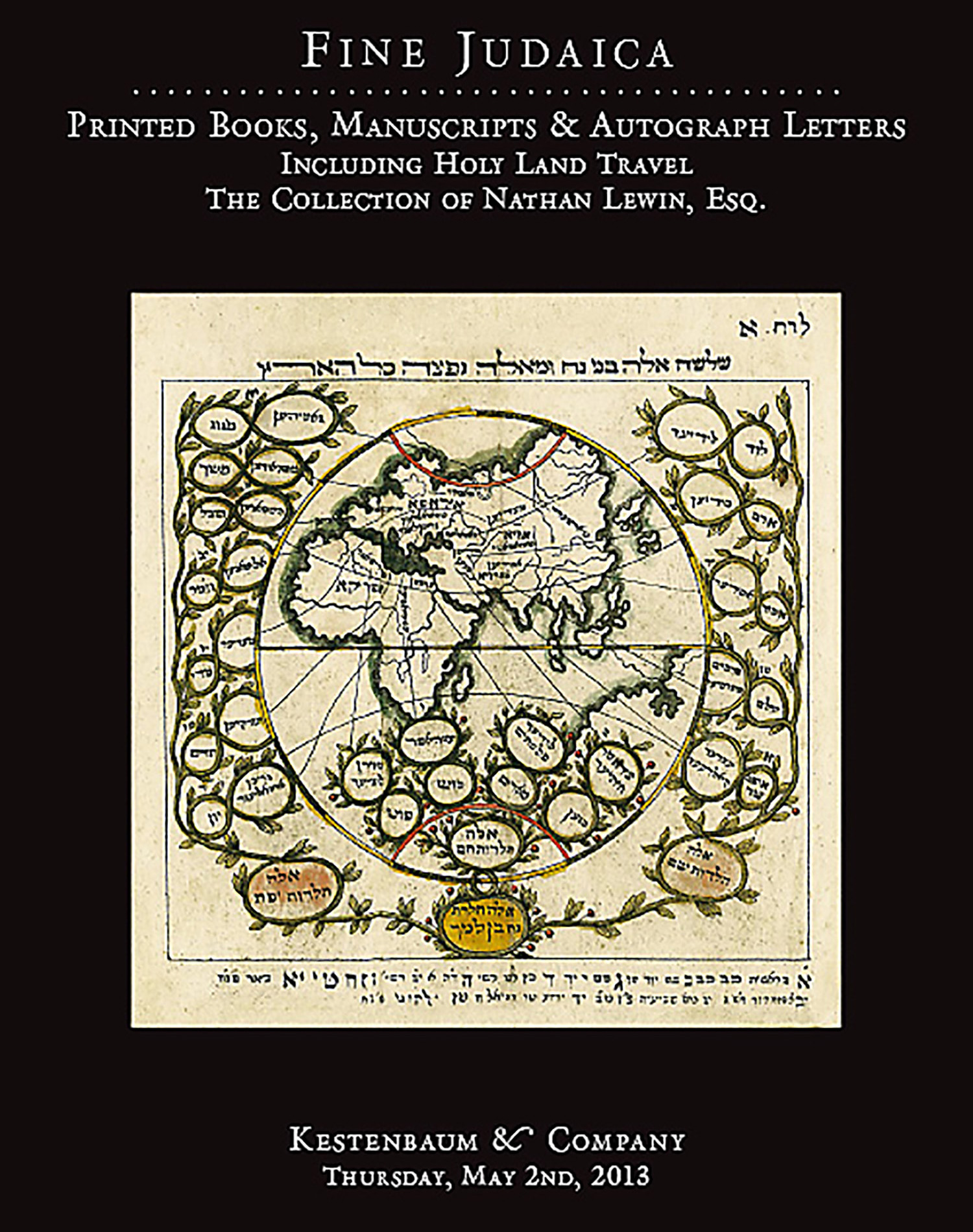Hebrew Manuscript broadside against synagogue absenteeism.

AUCTION 58 |
Thursday, May 02nd,
2013 at 1:00
Fine Judaica: Printed Books, Manuscripts and Autograph Letters
Lot 370
(ITALY).
Hebrew Manuscript broadside against synagogue absenteeism.
Late 18th- / early 19th-century
Est: $1,000 - $1,500
Polemical broadsides (or pasquinades- “pas(h)kvilim” in Hebrew), caustic or satirical in tone and often anonymous, are nowadays almost a defining feature of the most highly traditional of Jewish neighborhoods. But while ubiquitous in printed form, their manuscript predecessors from before the age of inexpensive printing are extremely uncommon - naturally so in view of their ephemeral nature. Here, though, is a rare survivor. In the “melitsah,” or highly wrought biblical-pastiche Hebrew of the time, the writer laments the scarcity of genuine spiritual beings, willing to rise early and come to the synagogue to form a daily quorum for morning prayers. Those who do not participate, he argues, have thrown in their lot with the mockers within the local Jewish community, who “scoff at us saying ‘You are wasting your breath asking people to appear without payment or compensation. Is not the need to earn the one thing that makes people rise early? Offer wine or beer, though, and even we would show up - whenever you like, wherever you like.’” This attitude, says the writer, has become demoralizingly widespread. The time, he feels, has come to urge the faithful of the community to put an end to this scandal. To further that end, he proposes to cite “the pure words of our holy rabbis who speak to us from the grave,” and he goes on to quote thirteen talmudic passages that make his point (see BT Berachoth 6b): R. Johanan says “Whenever the Holy One Blessed Be He enters a synagogue and does not find ten men there, He becomes instantly furious. That is what it means when it says it says (Isaiah 50:2) ‘Wherefore, when I came, was there no man? When I called, was there none to answer?’”
